It does no harm, once in a while, to assume that the creators of an opera actually know what they’re doing. Puccini was clear that he wanted the three one-act operas of Il trittico to be performed together and in a particular order. Promoters and directors have had other ideas, and between the wars it was apparently common to perform the triptych’s comic final opera, Gianni Schicchi, in a double bill with Strauss’s Salome, which must have been an interesting night out.
Already a subscriber? Log in
Subscribe for just $2 a week
Try a month of The Spectator Australia absolutely free and without commitment. Not only that but – if you choose to continue – you’ll pay just $2 a week for your first year.
- Unlimited access to spectator.com.au and app
- The weekly edition on the Spectator Australia app
- Spectator podcasts and newsletters
- Full access to spectator.co.uk
Or
Unlock this article
You might disagree with half of it, but you’ll enjoy reading all of it. Try your first month for free, then just $2 a week for the remainder of your first year.

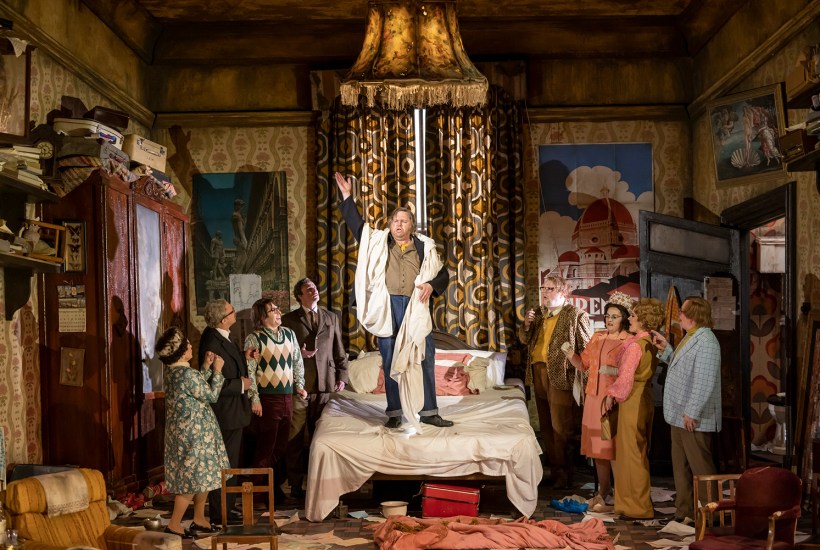
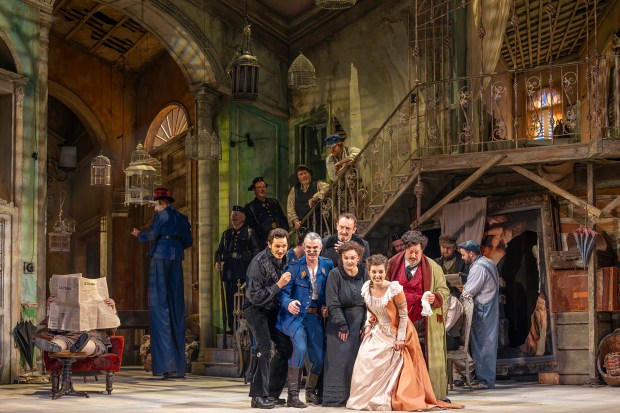
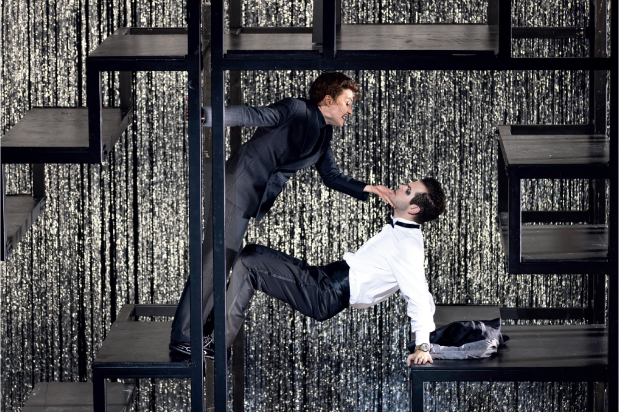
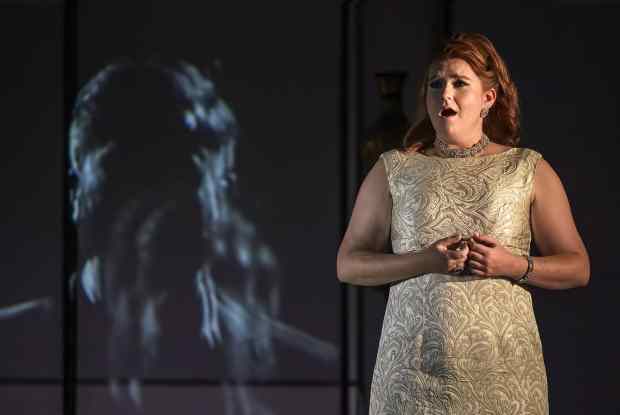
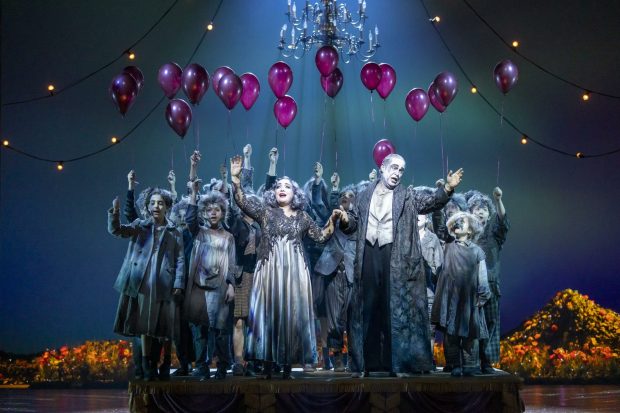
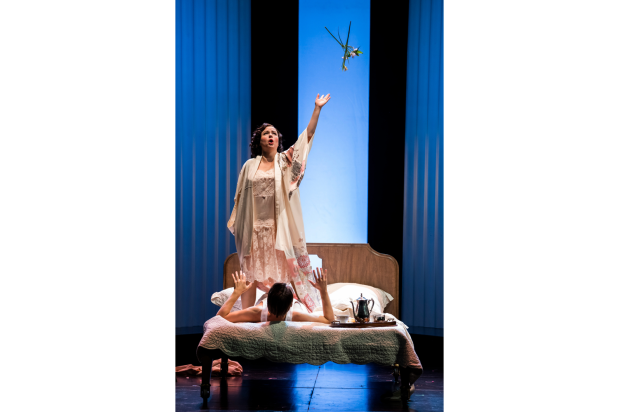
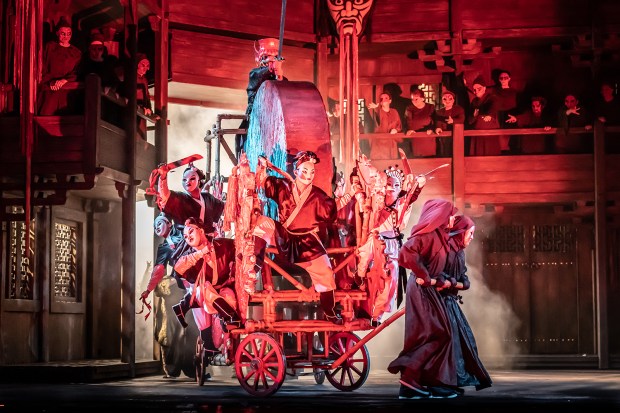






Comments
Don't miss out
Join the conversation with other Spectator Australia readers. Subscribe to leave a comment.
SUBSCRIBEAlready a subscriber? Log in